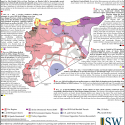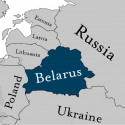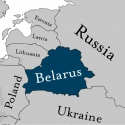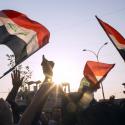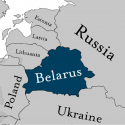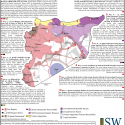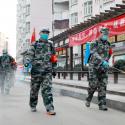Belarus Warning Update: Belarus Confirms Plans to Purchase Advanced Air Defense Systems from Russia
Jan 14, 2021 - George Barros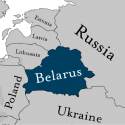
2:30 EDT: The Kremlin will likely employ Russian S-400 advanced air defense systems in Belarus as ISW forecasted. The commander of Belarus’ Air Force and Air Defense Forces announced on January 14, 2021, that the Belarusian Defense Ministry (MoD) is conducting pre-contract work to equip Belarus’ anti-aircraft missile divisions that currently operate the S-300 system with S-400 and Pantsir-S systems. ISW first warned of this threat in August 2020, after the MoD reportedly signed a contract for cooperation on air defense systems with the holding company for the manufacturers of the Russian S-300, S-400, and S-500 air defense systems.


